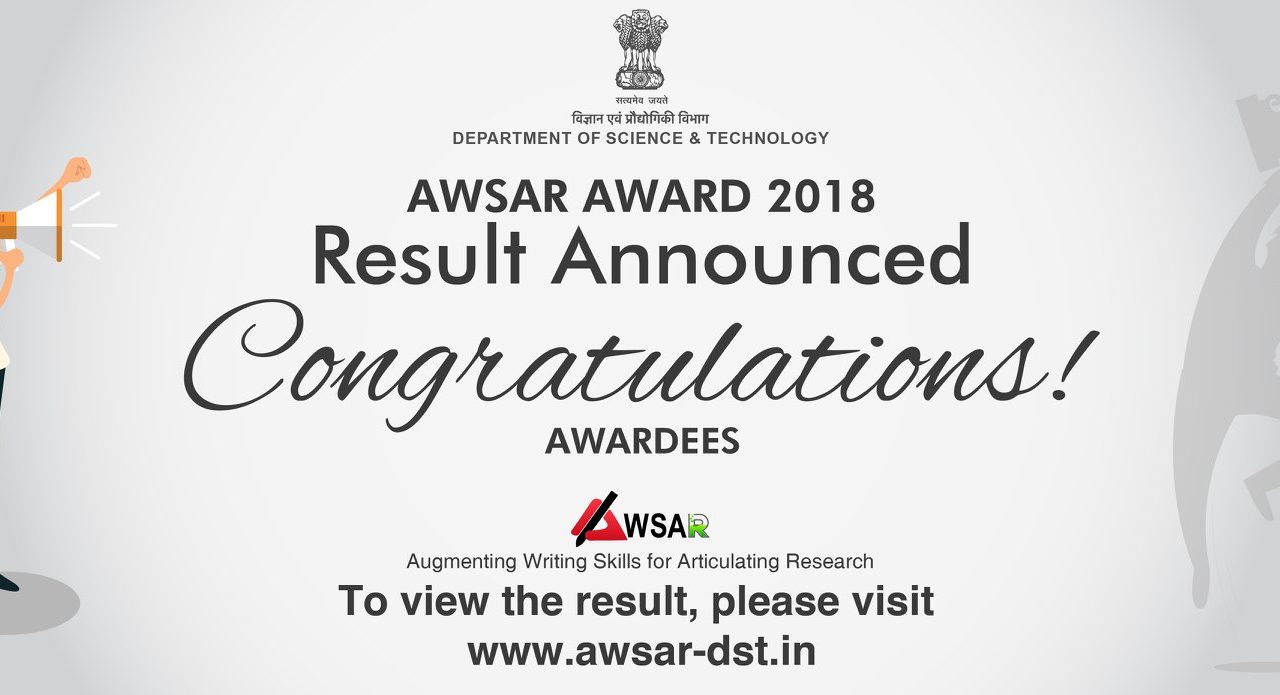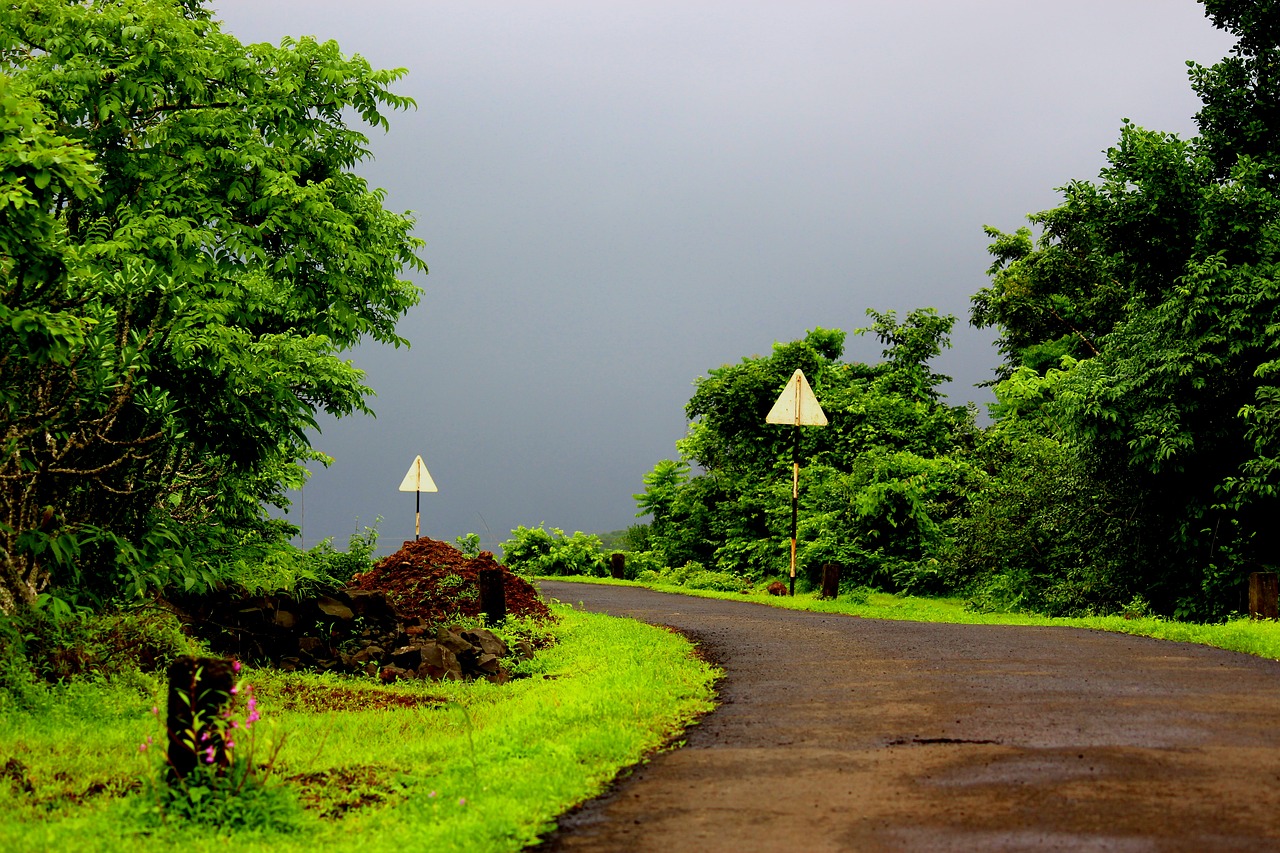Four young scientists selected in the national level competition – Augmenting Writing Skills for Articulating Research (AWSAR) – will be awarded on the occasion of National Science Day on 28th February.
Under the Ph.D. category of this competition, the first prize of Rs. 1 lakh will be given to Ashish Srivastava (School of Engineering and Technology, University of Mumbai), second prize of Rs. 50,000 will be given to Ajay Kumar (IIT Madras) and third prize of Rs. 25000 to Nabanita Chakraborty (ICAR-Central Inland Fisheries Research Institute, Kolkata).
Dr. Paulomi Sanghvi (Tata Institute of Fundamental Research, Mumbai) has been selected for the award of one lakh rupees for Best Writing in the Post-Doctoral category. Apart from these four awardees, 100 scientists under Ph.D. category and 20 post-doctoral researchers each will be given Rs. 10000 for best science writing.
The awards will be presented during a programme being organized by the Ministry of Science and Technology on National Science Day in New Delhi.
In this competition, participants had to write popular science articles on their research work. The best entries were judged by a jury consisting of renowned scientists and science communicators formed by the Department of Science and Technology.
“Over 3000 Ph.D. students and Post-Doctoral researchers penned stories on their research under this programme, which would not only help the cause of popular scientific writing but would benefit the Scientists themselves in relating their deep specialized science to the larger canvas of science and society”, said Department of Science and Technology (DST) secretary, Prof. Ashutosh Sharma.
According to Dr. Rashmi Sharma, a senior scientist associated with DST, “AWSAR programme was designed to harness writing skills of young scientists to popularize science and to develop scientific temper in society through newspapers, magazines, blogs, and social media.”
The objective of this project is to encourage writing skills of young scientists to disseminate information related to scientific research and development. It is expected that the AWSAR programme will be helpful in creating new science communicators as well. (India Science Wire)
If you liked this article, then please subscribe to our YouTube Channel for the latest Science & Tech news. You can also find us on Twitter & Facebook.



